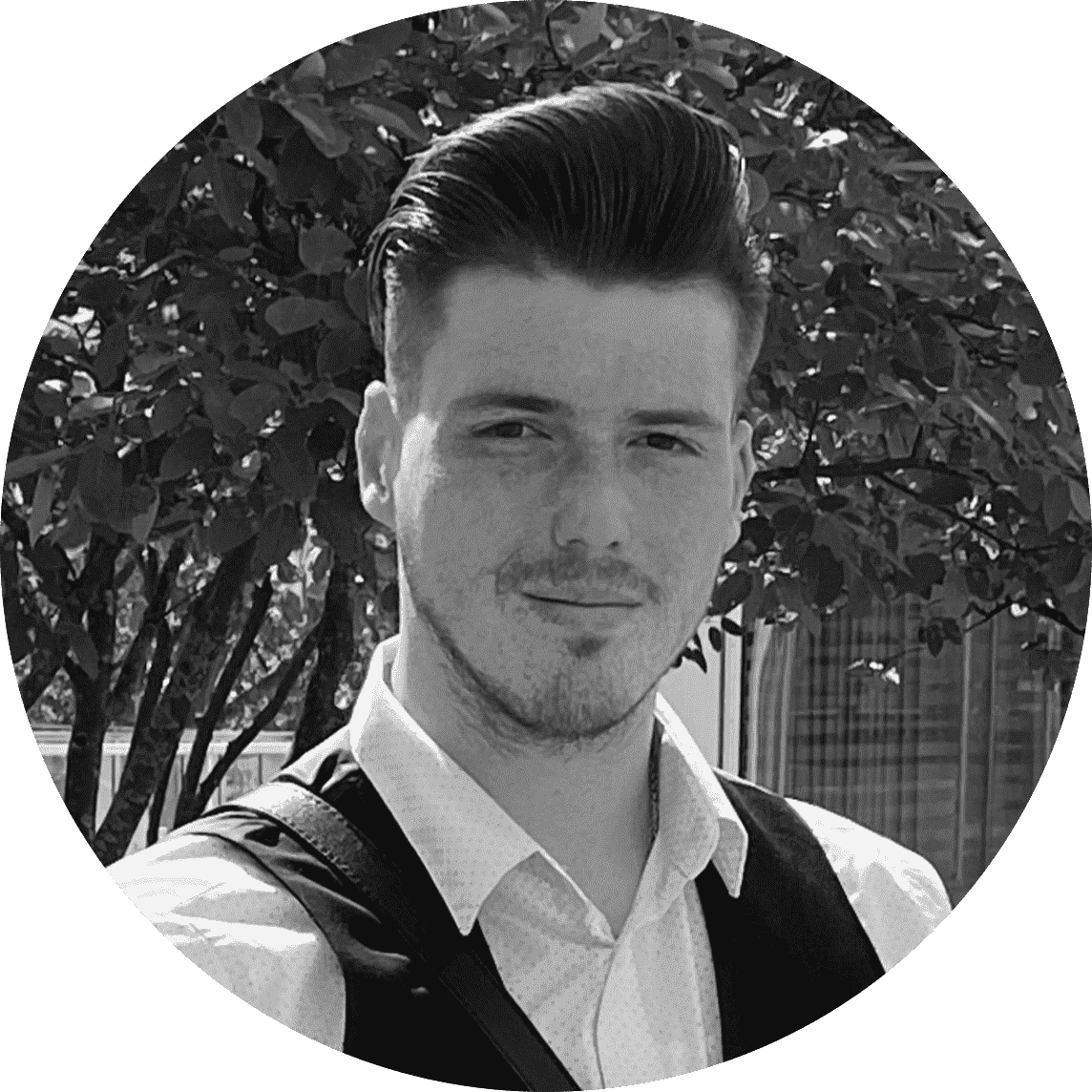
I am a postdoctoral researcher at the University of Zurich, Switzerland. Prior to my current position, I was a research associate (predoc and postdoc) and senior scientist at the University of Salzburg, Austria, and I held graduate teaching and research scholarships at Bowling Green State University, USA. I received my PhD (2020–2023) in German linguistics with a focus on second language acquisition and variationist sociolinguistics from the University of Salzburg (supervised by Prof. Andrea Ender, University of Salzburg, PD Irmtraud Kaiser, University of Salzburg, and Prof. Simone E. Pfenninger, University of Zurich).
My primary research interests include psycholinguistics, variationist sociolinguistics, and second language acquisition (SLA) in adulthood, especially as concerns quantitative approaches, statistical methods, and novel approaches to data collection, for example virtual reality as an elicitation instrument to reconcile ecological validity and experimental control. In my work on SLA, I am interested in the role of psychosocial, linguistic, and cognitive factors on the acquisition of sociolinguistic variation in L2 learning during (young) adulthood, and how socioaffective, experiential, and contextual variables impact additional language learning among mature adults. My habilitation project merges psycho- and sociolinguistic approaches in order to investigate how major life events (e.g., entry into the workforce, parenthood, retirement) affect language variation and change across the lifespan.
OSF GitHub ORCiD Google Scholar ResearchGate
Awards & Grants
- 2025 “Figdor Award for Linguistics (Figdor-Preis für Sprachwissenschaften)” from the Austrian Academy of Sciences (ÖAW – Österreichische Akadamie der Wissenschaften). Note: This prize is awarded for outstanding scholarly works in the field of linguistics that are regarded as achievements equivalent to a habilitation.
- 2024 “Early Career Research Grant” from FWF, ÖAW, and University of Salzburg (EUR 94.415,00)
- 2022 “Young Investigators Award” from the University of Salzburg
- 2020 Team Lead for the winning team for the “World Summit Awards Youth for Innovation”
- 2022 “Griasdi Oberösterreich” from Stadt Linz (Co-PIs: Gudrun Kasberger, Andrea Ender) (EUR 4.000,00)
- 2022 “Erwerb soziolinguistischer Variation in der Zweitsprache” from Salzburg Stadt: Kultur, Bildung und Wissen (EUR 1.500,00)
Education
- 09.2020 – 05.2023 Doctorate in German Linguistics, University of Salzburg (Austria)
- 10.2021 – 09.2022 Certificate Program in Applied Statistics, University of Salzburg (Austria)
- 09.2019 – 05.2020 Master of Arts in German Studies, Bowling Green State University (USA)
- 03.2019 – 11.2020 Certificate Program in German as a Second/Foreign Language Teaching, University of Salzburg (Austria)
- 06.2018 – 10.2018 Exchange semester, Freie Universität Berlin (Germany)
- 09.2017 – 07.2019 Bachelor of Arts in German Studies, Bowling Green State University (USA)
Professional Positions
- 08.2025 – 03.2026 Substitute professorship (Vertretungsprofessur) for SLA, University of Zurich (Switzerland), English Department
- 01.2025 – present Postdoc, University of Zurich (Switzerland), English Department
- 03.2024 – 07.2024 External lecturer, University of Innsbruck (Austria), German Department
- 04.2024 – 12.2024 Senior scientist, University of Salzburg (Austria), German Department
- 05.2023 – 12.2024 Postdoc, University of Salzburg (Austria), German Department
- 10.2022 – 05.2023 Research associate, University of Salzburg (Austria), German Department
- 01.2020 – 12.2020 Academic programs manager and lecturer, Salzburg College (Austria)
- 10.2019 – 05.2020 Graduate teaching and research assistant, Bowling Green State University (USA), German Department
Research Interests
Second language acquisition
- SLA across the lifespan
- Variationist approaches to SLA
- Acquisition of bidialectalism and sociolinguistic variation in L2 learning
- Individual differences in cognitive, socio-affective, linguistic, and instructional variables affecting SLA
- The love factor in (variationist) SLA
Variationist sociolinguistics and dialectology
- Language variation and change across the lifespan
- Effects of major life events on post-adolescent linguistic (in-)stability
- Individual differences in cognitive and psychobehavioral factors affecting linguistic variability
- Language attitudes and attitude development
- Dialectometry and geostatistical modeling of the interplay between social and spatial factors on linguistic variation
Multilingualism
- Bilingual and bidialectal (cognitive) advantage
- Effects of migratory experience on linguistic variability in the L1 and L2
Research methods
- Virtual reality as an elicitation instrument to reconcile ecological validity and experimental control
- Statistical methods for operationalizing individuality and intra-individual variability
- Reconciling quantitative and qualitative methods as a means of explaining predications